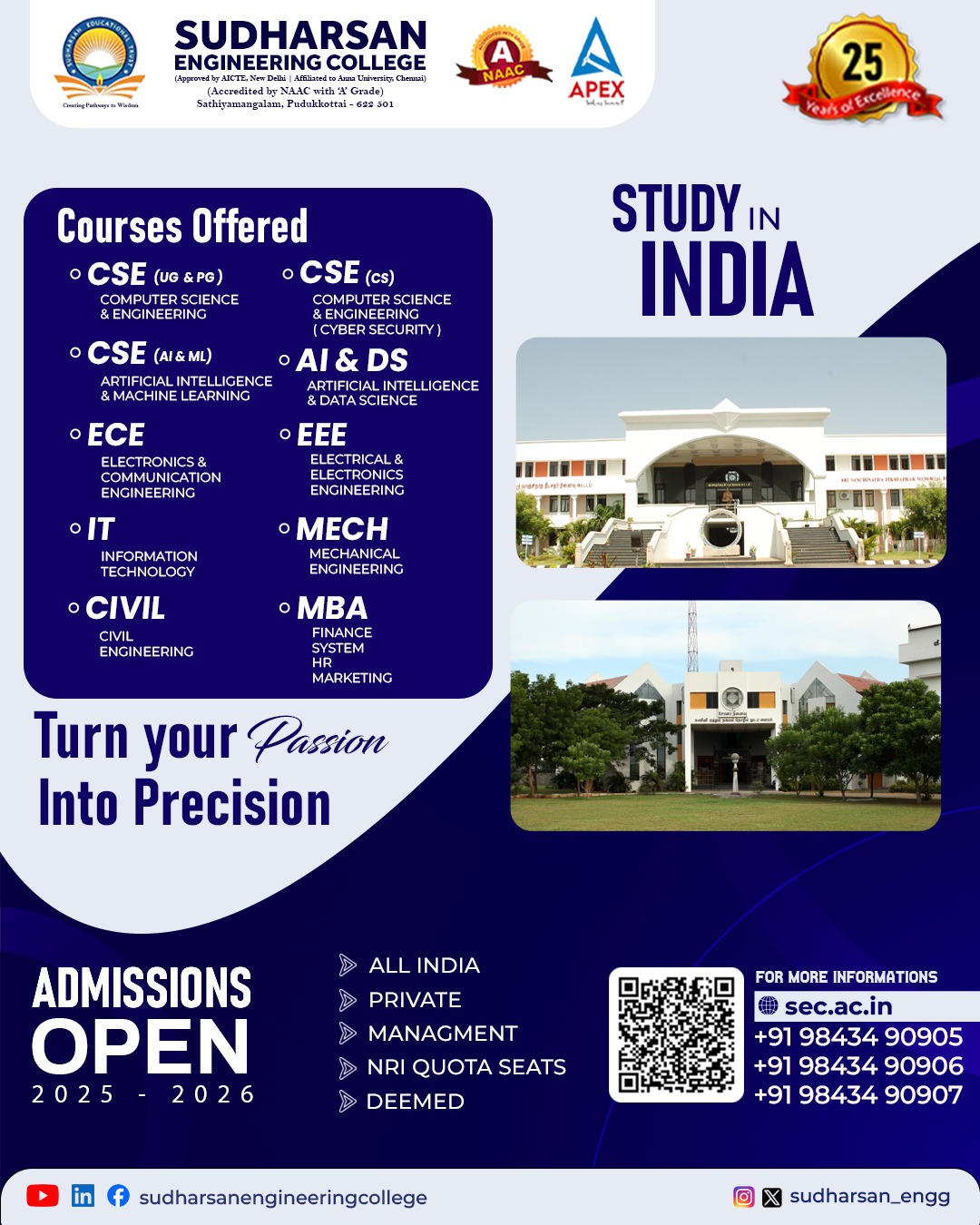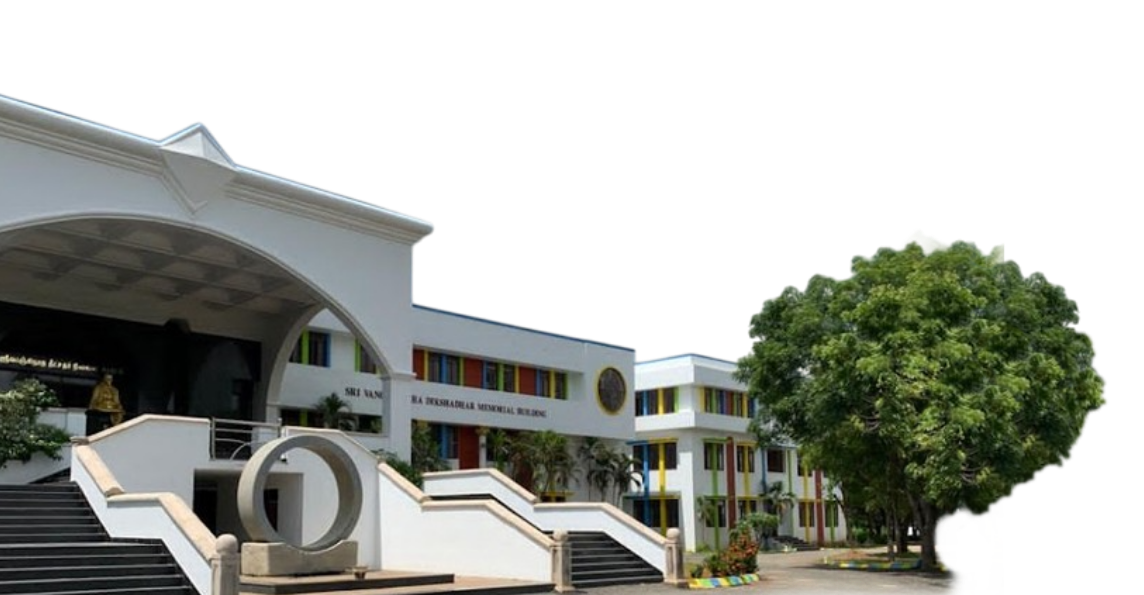Master of Business Administration
The Department was established in June 2025 with an initial intake of 60 students—emerging as a silver lining amidst challenges, a true ray of hope for young, dynamic minds aspiring to build careers in management within a serene rural setting marked by simplicity and natural beauty.
-
Our dedicated faculty members mentor students toward higher academic and professional aspirations.
-
We foster a culture of motivational learning through unwavering commitment and a passion for excellence—a principle we've upheld since our inception.
-
With steadfast focus, we continue to work towards achieving our mission through a clear and inspiring vision.











